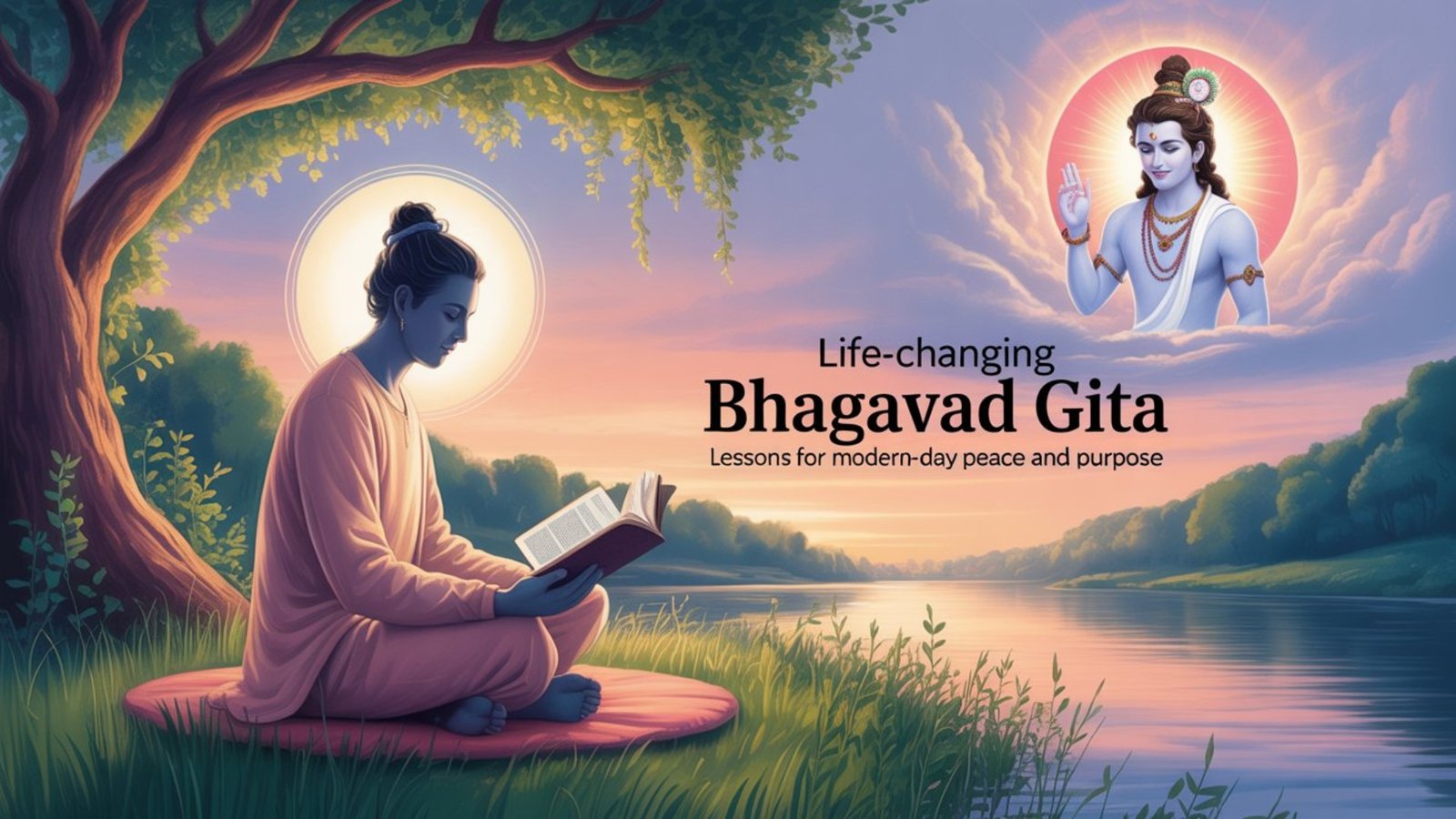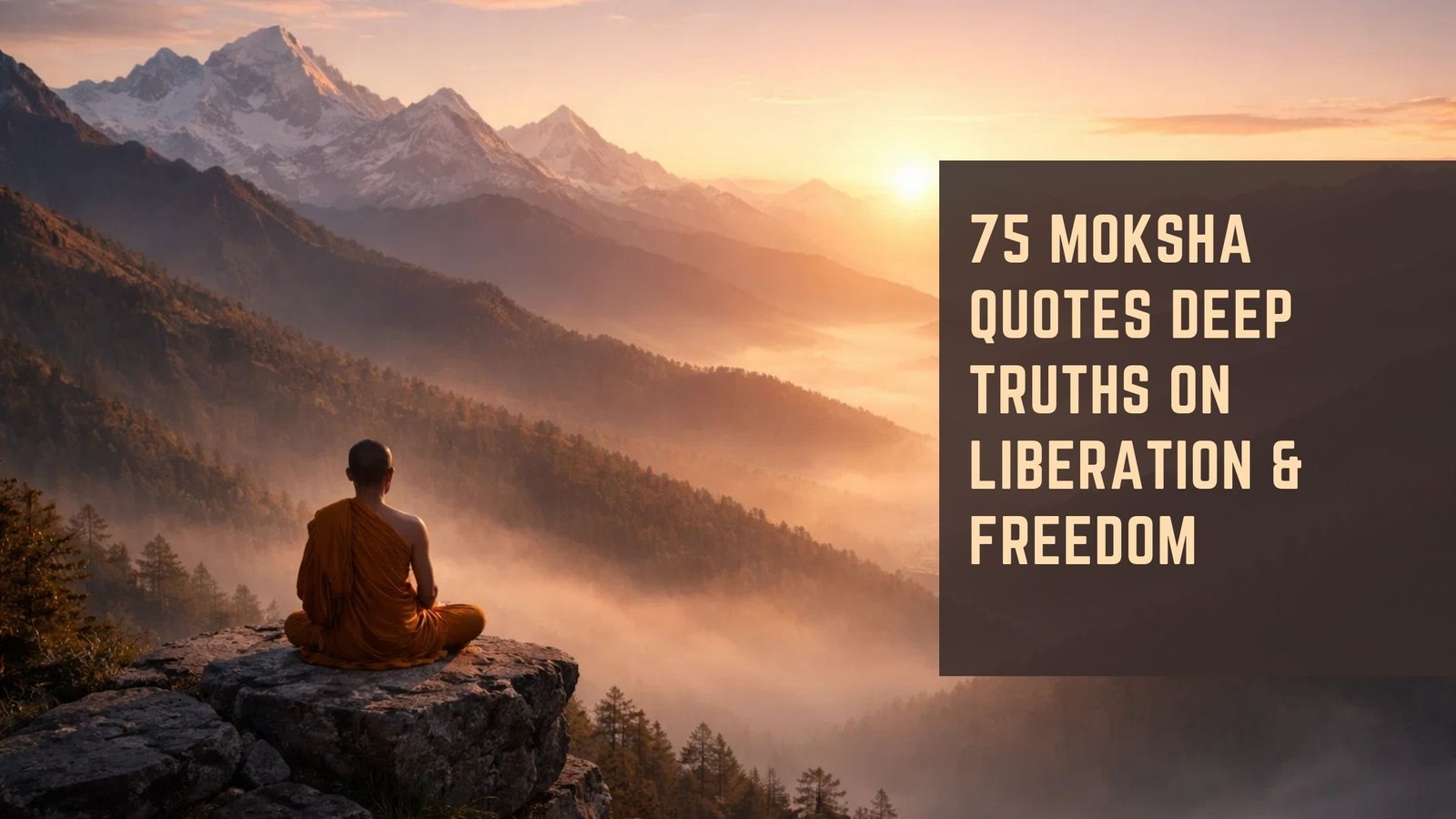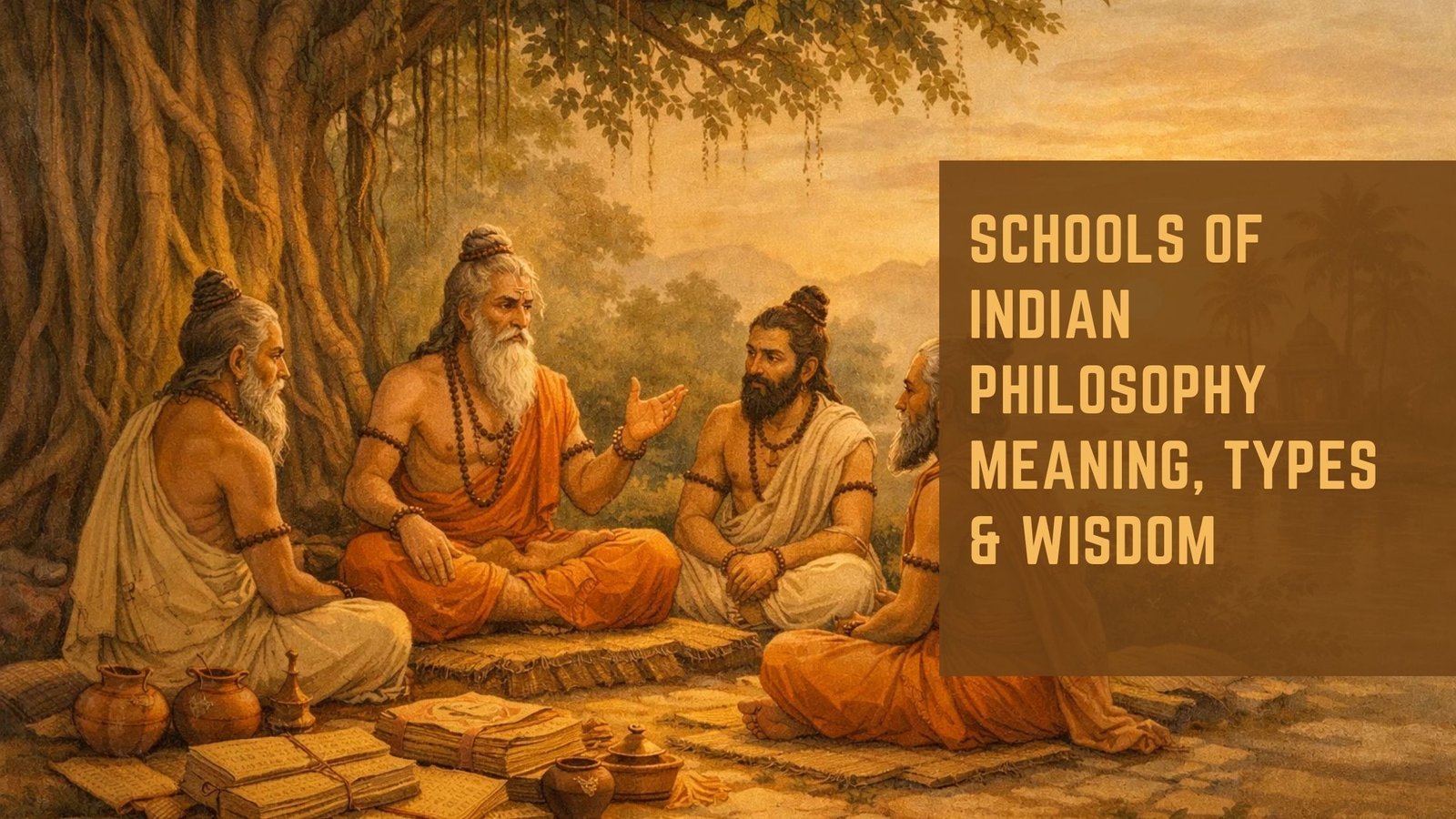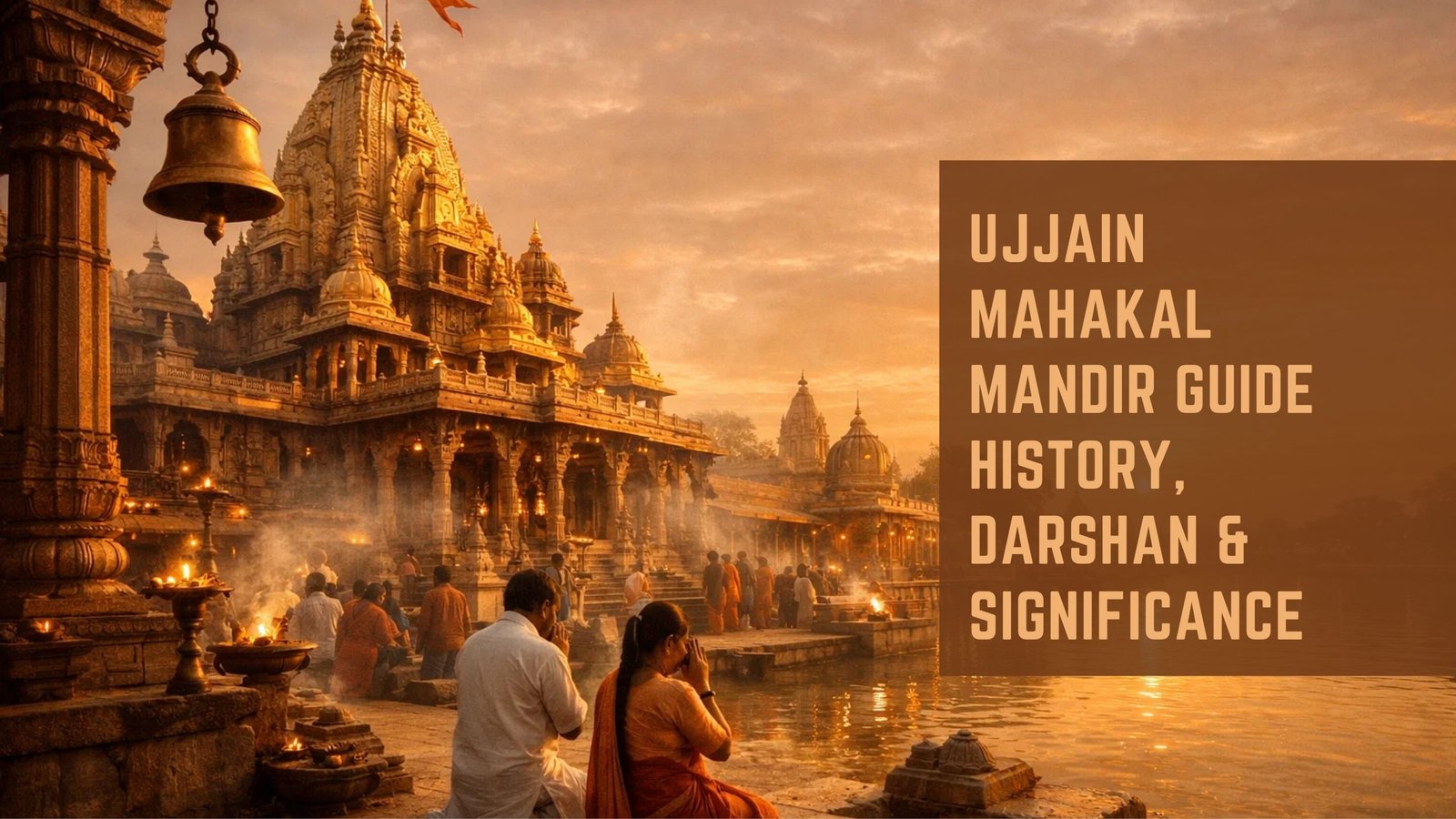A Divine Dialogue That Never Fades
The Bhagavad Gita is not merely an ancient Indian scripture; it is the eternal conversation between the soul and the Supreme. Spoken on the battlefield of Kurukshetra, this dialogue between Lord Krishna and Arjuna is a mirror reflecting the battles we all fight — between duty and doubt, fear and faith, ego and essence.

Across centuries, saints, sages, scholars, and seekers have turned to the Bhagavad Gita lessons for guidance in life, work, relationships, and spirituality. Its appeal is universal — timeless yet relevant, divine yet deeply human.
In this article, we explore the most profound Bhagavad Gita lessons, revealing why it is not just a book, but a companion for every stage of life.
Table of Contents
1. Understand Your Dharma: Live Your Truth
One of the central Bhagavad Gita lessons is to follow your dharma — your righteous path.
“It is better to live your own destiny imperfectly than to live an imitation of somebody else’s life with perfection.”
— Bhagavad Gita 3.35
This insight encourages us to embrace our unique responsibilities, gifts, and roles in society. When we act in alignment with our dharma, life feels meaningful and fulfilling — not because it’s easy, but because it is true.
Hindi Translation:
“स्वधर्म में मरना भी श्रेष्ठ है, परधर्म में सफलता भी भय का कारण है।”
The Gita reminds us: don’t follow someone else’s path just because it looks glorious. Follow your inner voice — your divine duty.
2. Detachment Through Karma Yoga: Do Your Duty, Let Go of the Outcome
Another life-altering lesson from the Gita is the principle of Karma Yoga — the yoga of selfless action.
“You have the right to perform your prescribed duty, but you are not entitled to the fruits of action.”
— Bhagavad Gita 2.47
This is among the most quoted Bhagavad Gita lessons, teaching us to act without attachment. In a results-driven world, this idea offers great peace: do your best, but don’t be consumed by results. Whether you succeed or fail, your peace remains untouched.
Sanskrit Verse:
कर्मण्येवाधिकारस्ते मा फलेषु कदाचन।
Whether you are a student, a parent, a professional, or a seeker — the principle of detached action brings inner balance. It’s the art of working with full heart, but a quiet mind.
3. The Power of the Mind: Friend or Foe
One of the most crucial Bhagavad Gita lessons is the mastery of the mind.
“The mind is your best friend and your worst enemy.”
— Bhagavad Gita 6.6
In our hyper-distracted age, this lesson is more relevant than ever. A mind full of comparison, desire, and fear becomes a prison. But a disciplined mind becomes a gateway to peace.
Hindi Quote:
“जो व्यक्ति अपने मन को जीत लेता है, उसके लिए मन मित्र बन जाता है। जो ऐसा नहीं करता, उसके लिए मन ही शत्रु बन जाता है।”
Practices like meditation, japa, breathwork, and reading scriptures help purify and steady the mind. And remember — Never Stop Learning. Each step toward self-mastery opens a doorway to freedom.
4. Evenness in Joy and Sorrow: Emotional Maturity is Spiritual Power
“Perform your duty with an even mind, O Arjuna. Abandon attachment to success and failure. Such equanimity is called Yoga.”
— Bhagavad Gita 2.48
True yoga is not merely postures or breath — it is the evenness of mind amid success and loss. When we stop riding the emotional rollercoaster of life and remain stable in both pain and pleasure, we become spiritually powerful.
This idea isn’t about becoming emotionless. It’s about maturity — knowing that external events don’t define your inner peace.
5. The Soul is Eternal: You Are Not This Body
One of the most sacred Bhagavad Gita lessons is the realization of the eternal soul — the Atman.
“The soul is indestructible. Weapons cannot cut it, fire cannot burn it, water cannot wet it, wind cannot dry it.”
— Bhagavad Gita 2.23
This profound teaching liberates us from the fear of death and decay. You are not this body or this mind — you are pure, unchanging, divine consciousness.
Hindi Translation:
“आत्मा को शस्त्र काट नहीं सकते, अग्नि जला नहीं सकती, जल भिगो नहीं सकता और वायु सुखा नहीं सकती।”
Understanding this truth transforms your entire relationship with life — and with suffering. Because what can hurt the eternal?

6. Surrender to the Divine: The Path to Freedom
The climax of the Bhagavad Gita’s message is divine surrender.
“Abandon all varieties of religion and simply surrender unto Me. I shall deliver you from all sinful reactions. Do not fear.”
— Bhagavad Gita 18.66
Surrender is not weakness — it is wisdom. When you offer your ego, desires, and doubts to the divine, you become a vessel of grace. Life flows more naturally when we trust Krishna to carry our burdens.
Sanskrit Verse:
सर्वधर्मान् परित्यज्य मामेकं शरणं व्रज।
अहं त्वां सर्वपापेभ्यो मोक्षयिष्यामि मा शुचः॥
Faith in Krishna doesn’t mean life will be problem-free — it means we’ll walk through every challenge with divine guidance.
7. Devotion Transforms: Love is Greater Than Perfection
Among the most heart-touching Bhagavad Gita lessons is this:
“Even if a person has committed the most abominable actions, if he engages in devotional service with full sincerity, he is to be considered saintly.”
— Bhagavad Gita 9.30
Krishna looks at your bhav (intention), not your past. No matter how far you’ve strayed, devotion brings you back home. This message gives hope — to all of us — that it’s never too late to reconnect with the Divine.
Hindi Quote:
“यदि कोई व्यक्ति अत्यंत पापी भी हो, परंतु एकनिष्ठ भक्त हो, तो वह साधु माना जाता है।”
The Modern Relevance of Bhagavad Gita Lessons
Today’s world is full of noise, confusion, and conflict. Mental health struggles, identity crises, and lack of direction are common. In such a world, the Bhagavad Gita lessons are not outdated — they are urgent.
They teach us:
- How to live with purpose, not pressure
- How to act without anxiety
- How to see beyond success and failure
- How to remember: Never Stop Learning
- How to walk with strength and surrender simultaneously
Conclusion: Let the Gita Live in Your Heart
The Bhagavad Gita lessons are not meant to sit on a shelf — they are meant to live in your actions, your thoughts, your relationships. Every verse is a lamp in the darkness. Every word from Krishna is a whisper to your soul: You are divine. You are eternal. You are not alone.
Open the Gita not just with your eyes — but with your heart. Study it slowly. Reflect on it deeply. And above all — live it daily.
Want to Go Deeper?
Visit thegita.in for more spiritual insights, verse explanations, and practical guides to the Bhagavad Gita. Whether you’re a beginner or a lifelong seeker, the Gita is your eternal companion on the path of awakening.












